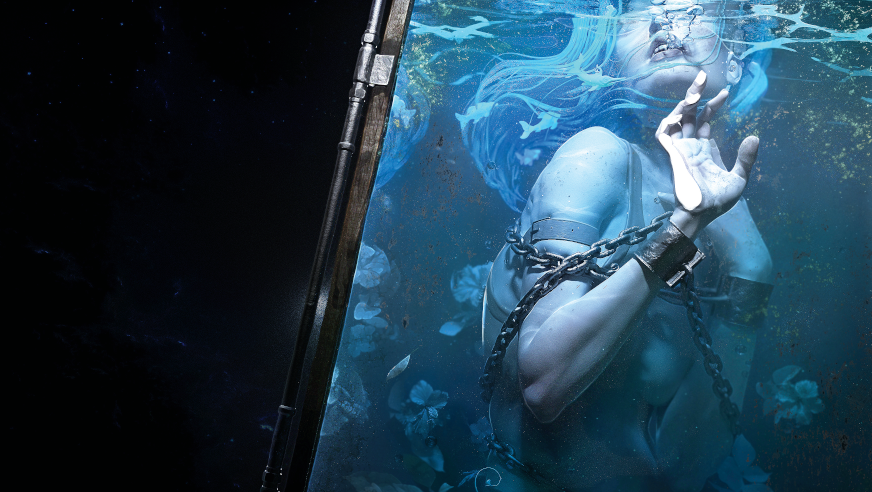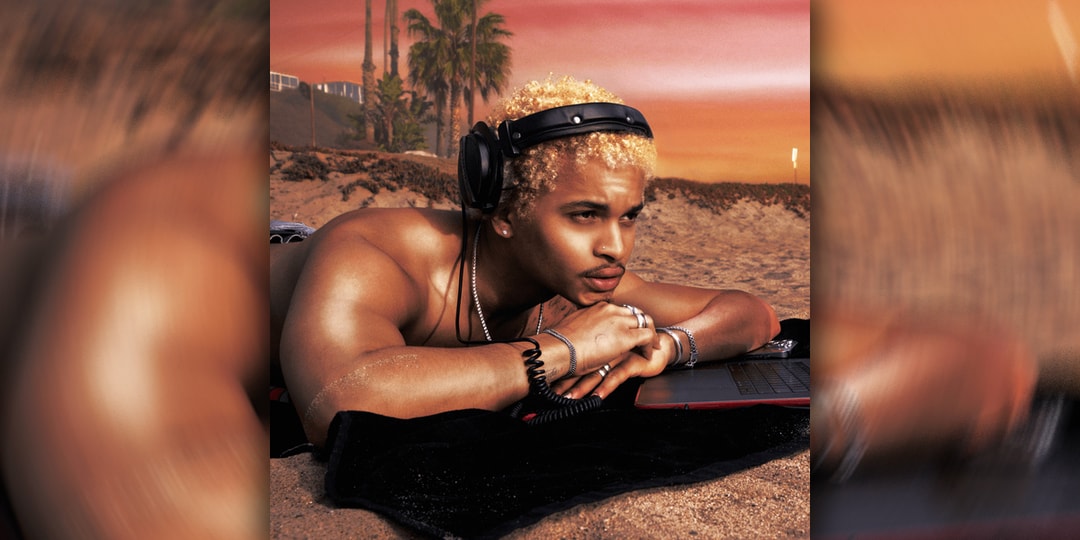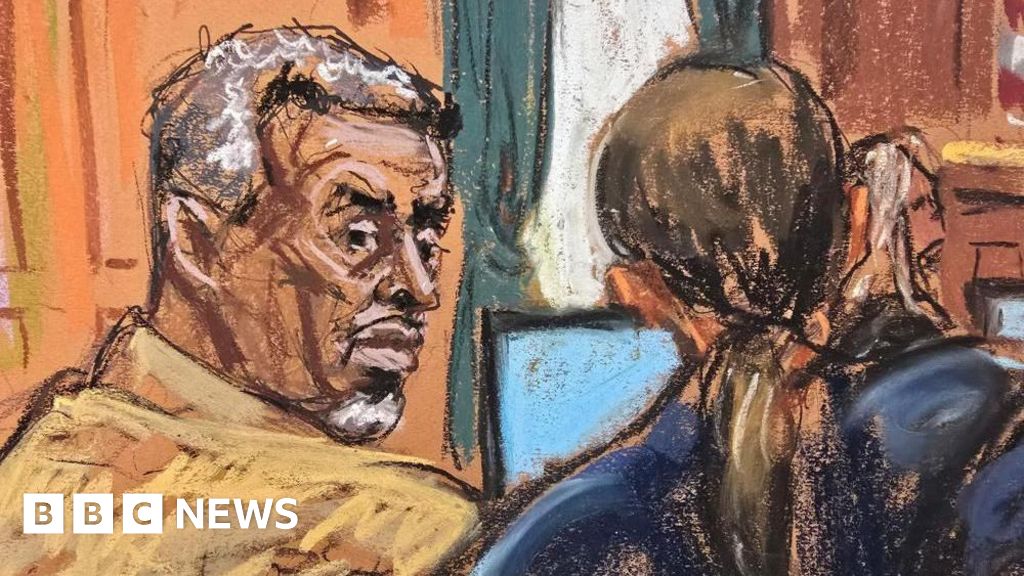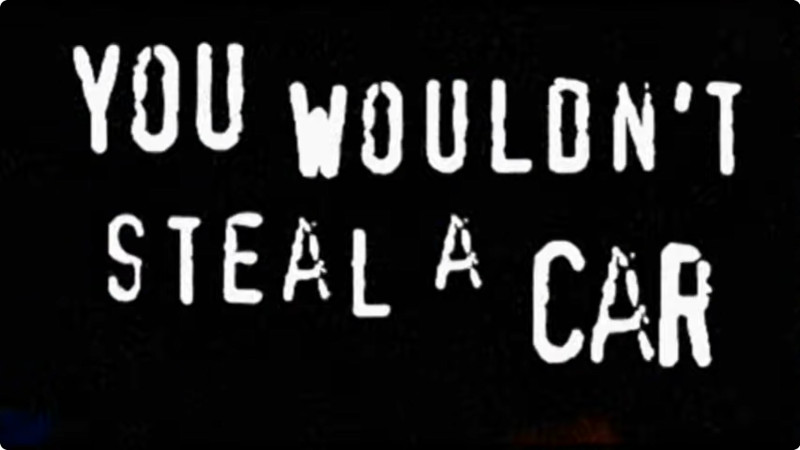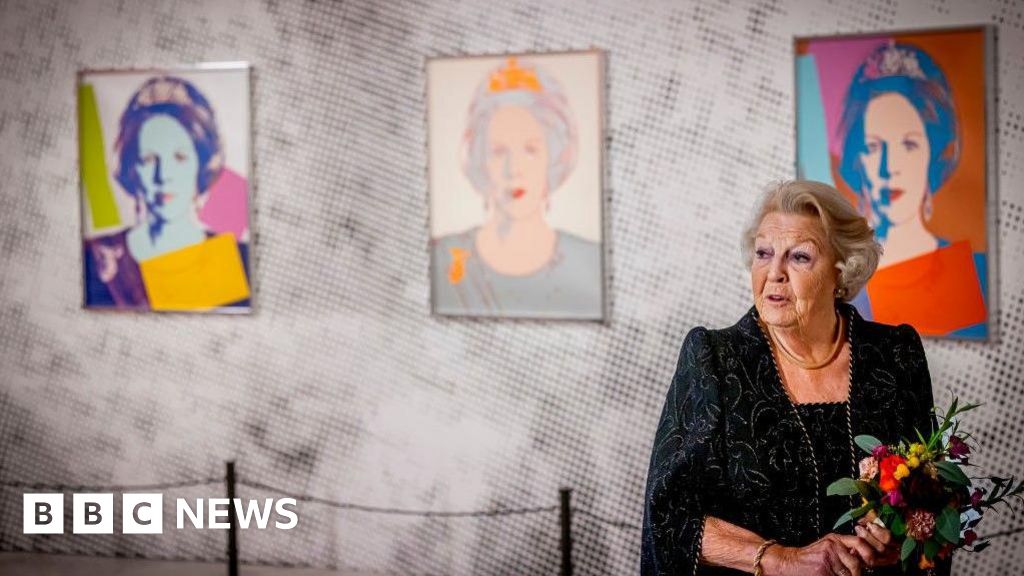Reflections on 'Crap Towns': A Journey Through Time and Humor

Last week, The Fence magazine featured an article that revisited the controversial yet beloved book series, Crap Towns, which I began editing in the early 2000s. This series was an exploration of the least favorable places in the UK, and it originated from nominations submitted by residents through a dedicated website. My contributions included research, photography, and a healthy dose of humor, all of which aimed to paint a candid picture of Britaina Doomsday book of misery, as one early critic aptly termed it.
In a nod to the series, The Fence remarked that Crap Towns captured the essence of British life, highlighting the country's botched architecture, deep-seated class anxieties, and a pervasive sense of self-loathing. Adam Steiner, the author of the recent piece, embraced the project with the lightheartedness I had always intended, framing it as a friendly jab at the state of various towns and a way to spark discussions about urban regeneration. His take on the book resonated with me, and it was refreshing to see it discussed with such empathy.
However, my feelings about Crap Towns are complex and fraught with contradictions. One of the most pressing questions that arises is whether a project like this could be viable in today's social climate. Adams inquiry on this topic prompted a moment of reflection. You wouldnt get away with it now, he stated, a sentiment echoed by numerous journalists in recent years.
This comment struck me hardit made me consider the implications of our current societal norms. The phrase lingered in my mind, leading me to contemplate the potential release of a twentieth-anniversary edition of Crap Towns. The idea that contemporary Britain might not take kindly to such humor was both disheartening and thought-provoking.
I found myself wrestling with the idea that we, as a society, may have lost some of our ability to be self-deprecating. As someone who initially penned the book with the intent of lightheartedly critiquing our surroundings, it was challenging to come to terms with this shift. It raised the uncomfortable question: has our sense of humor been stifled by political correctness and the heightened awareness surrounding identity politics?
There is a part of me that wants to resist this change, to assert that weve lost a vital aspect of our culturethe ability to laugh at ourselves. Yet, I also recognize that theres a risk in my nostalgia; I could easily become that curmudgeonly figure that my younger self would have mocked. The paradox is striking: am I the out-of-touch elder, or is it a sign of the times?
Moreover, Crap Towns was unapologetically biting in its humor, often lampooning the very places and communities it aimed to discuss. Maybe it was a misguided endeavor to cast such a wide net of criticism. Was it truly beneficial to poke fun at every nook and cranny of our towns?
Compounding these reflections were recent critiques from various podcasters who labeled Crap Towns as a cursed object. They questioned how something deemed so distasteful could gain such popularity and notoriety. Their perspective suggested that humor had to be approached with caution, something I found both amusing and troubling. Ironically, the very outrage they expressed about humor reflected a fervor that could be just as absurd as the content they derided.
Listening to their remarks, I couldn't help but feel a sense of loss and worry. Theres a rich tradition of humor that allows us to challenge the uncomfortable truths of our lives, and its alarming to think that we might be edging away from that legacy. History is littered with examples of moral certainties that have been rendered obsolete; I often think back to the characters in literature who believed so firmly in their doctrines, only to become laughable in hindsight.
As I consider the role of humor in our society, I recall the joy that Crap Towns brought to many. The book served as a springboard for conversations about urban revitalization and community identity. Although not everyone enjoyed the critique, it resonated with countless readers who shared stories and anecdotes about their own experiences in the towns featured. The response was overwhelmingly positive, leading to a surge in popularity that surprised even me.
Over the years, I participated in numerous radio shows and television discussions, and rarely was I met with hostility. Instead, journalists appreciated the humor and engaged in dialogues about the very real issues affecting their communities. The laughter we shared was a powerful unifier, a way to express our shared struggles and perspectives.
Fast forward to today, and it seems we may be missing out on a valuable form of expression. The inability to laugh at ourselves could signify a larger cultural malaise, one that stifles not just humor but also the candid conversations we need to foster change.
Nonetheless, I remain optimistic that the current climate of illiberalism will not endure indefinitely, especially when it comes to humor. However, the repercussions linger, and I sense a pervasive anxiety about humor within the publishing industry. The fear of offending could deter writers and editors from engaging in projects that challenge the status quo.
For instance, during a recent conversation with acclaimed novelist Jonathan Coe, he shared his thoughts on the contemporary atmosphere for writers. He spoke candidly about the risks associated with stepping outside traditional narrative boundaries, especially when adopting different cultural voices. Even for someone of his caliber, the fear of backlash was palpable. Yet he pushed through, and the result was a work that was both humorous and empathetic.
Ultimately, I find myself at a crossroads when reflecting on Crap Towns. While I recognize the two types of jokesthose that age well and those that dontI also grapple with the realization that humor is a dynamic force, often tied to the cultural moment. The societal landscape has shifted since the book's debut, and its clear that the issues addressed in Crap Towns still exist, though perhaps unaddressed in the same manner.
Interestingly, a website has emerged that continues to catalog the worst places in the UK, and I can't help but feel a twinge of disdain for it. Their approach feels differentless playful and more cruel. The fun, transformative spirit that I hoped to capture seems to have been replaced by something much less palatable.
In conclusion, while I may not be ready to attempt a revival of Crap Towns, I hope to see a resurgence of humor that allows for self-reflection and honest critique. Perhaps its time for society to reclaim that freedom to laugh at ourselves, to acknowledge our imperfections, and to engage in the kind of discourse that propels us forward.
Fondly,
Sam





